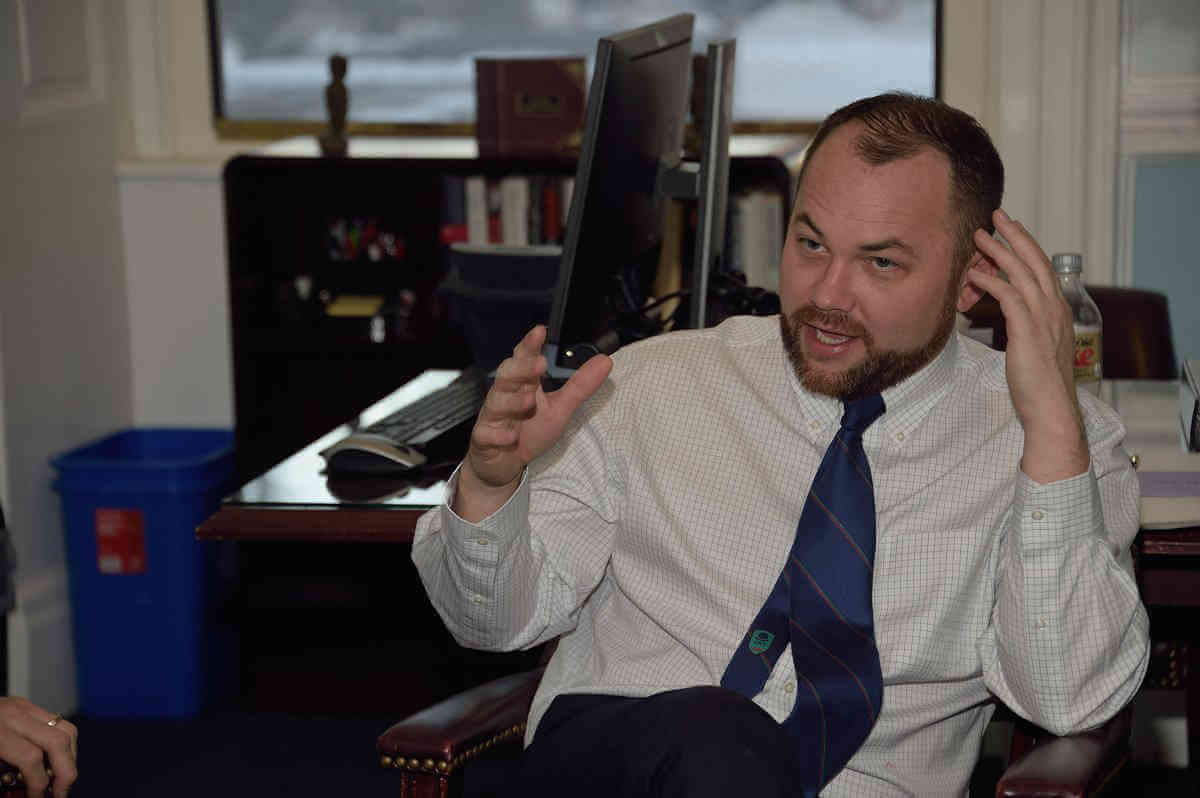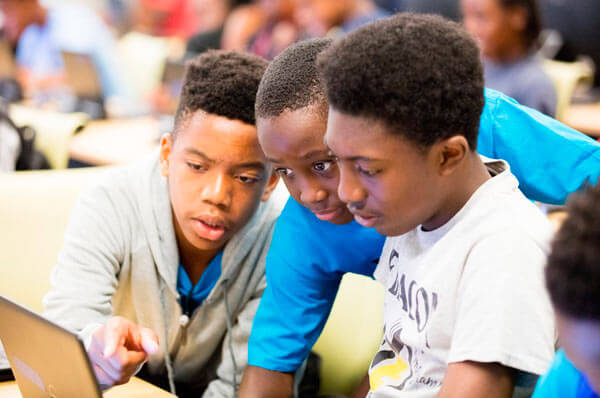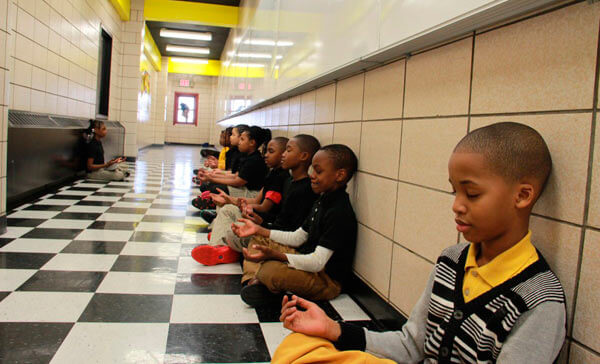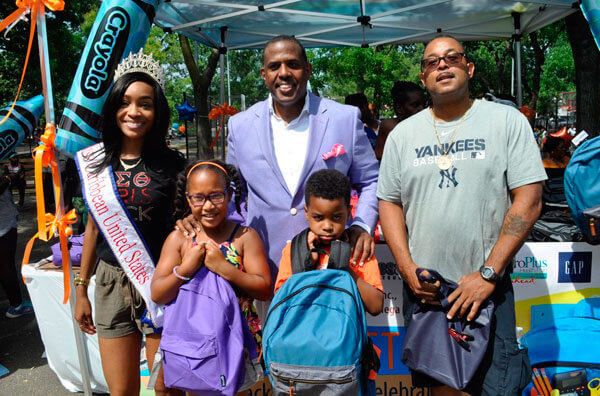Poverty. Housing instability. Food insecurity. Bullying. Gang violence. Complicated family dynamics. Imagine battling with these stressors while trying to focus on your algebra or chemistry assignments. All of these issues can have a traumatic effect on students, and we must recognize and address that trauma if we expect them to focus in school.
Part of making that a reality is ensuring that every NYC student has access to school staff who can provide the necessary social and emotional support they need.
Students are bombarded with conflicting ideas on social media on a daily basis, and they are also grappling with ever increasing everyday societal pressures. All of this can and does spill over into a student’s school life, with adverse consequences that can include absenteeism, failing grades and student-to-student conflict, among others.
Teachers do an amazing job juggling all these different concerns, but doing so often takes away time from instruction. Teachers need support from other professionals who are experts in addressing these challenges.
Students need access to social workers. Social workers are pivotal to creating a healthy learning environment. Research shows that social workers, guidance counselors and school psychologists are beneficial to students’ social and emotional health, as well as their academic outcomes. The comprehensive services that social workers provide can address many barriers to student learning. And, currently, too many schools don’t have a social worker or too few social workers.
Social workers provide critically important services directly to students and sometimes to teachers and staff. They help address many of the out-of-school needs that can hinder a student’s learning. They help bridge the gap between school, home and community for students. They work to prevent school violence, improve school climate, provide early intervention for students and assist teachers with better classroom management.
But these professionals do more than create healthier and happier students. In some cases, they make the difference between life and death.
This is what happened to me.
As a teen dealing with depression and feeling scared about coming out, a guidance counselor helped me sort through my feelings and gave me the confidence to talk to my football team.
I’m not sure what would have happened if that guidance counselor had said, ‘I don’t have time to talk to you.’
I was lucky, but so many are not. Suicide rates are too high, and students are suffering. They need support.
This year, the Council heard teachers, staff and students loud and clear: our schools need more social workers.
So we fought for and secured $29.7 million to support 269 full-time social workers in schools, up from 200 last year. This includes 100 Bridging the Gap social workers in schools with the highest numbers of students experiencing homelessness. But our school system serves 1.1 million students, and they all would benefit from having social workers.
An investment in our children’s futures is an investment in the future of our city. We are heading in the right direction, but we absolutely must do more.
Corey Johnson is the speaker of the New York City Council.



























